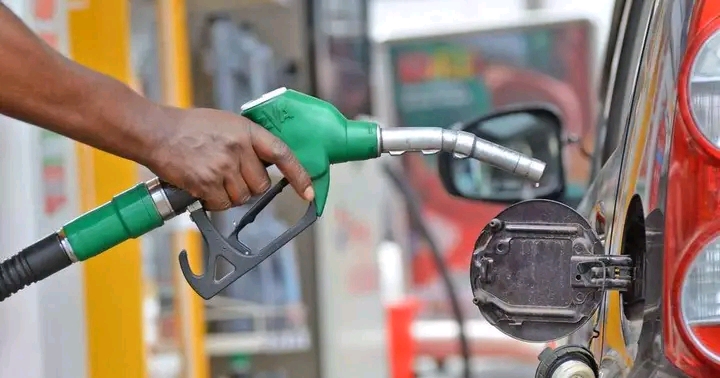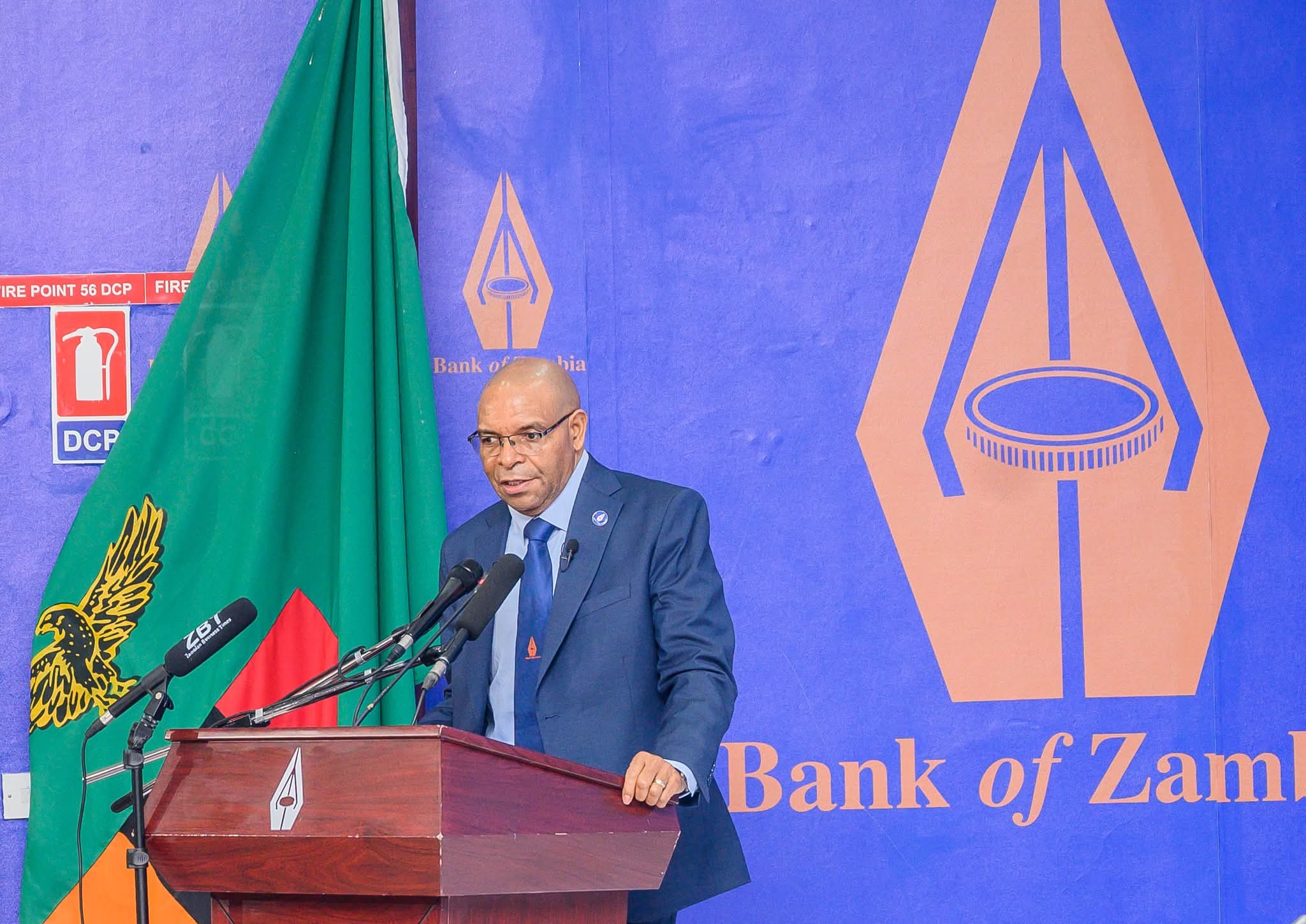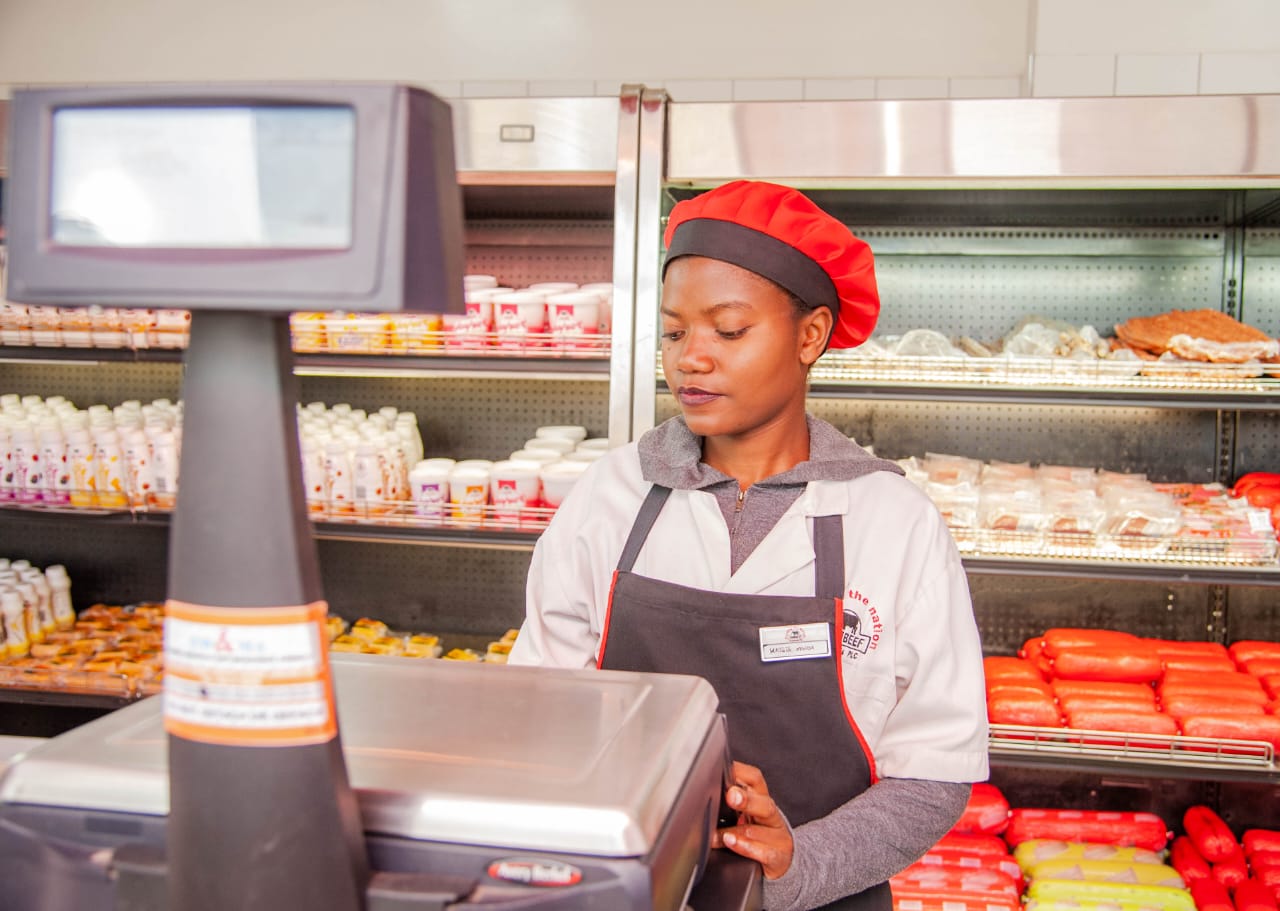By John Chola
In a significant relief for consumers and businesses, the Energy Regulation Board (ERB) announced substantial reductions in fuel pump prices for July 2025, marking the first major decrease after months of consistent hikes.
This move comes alongside promising news of slowing inflation, creating a potential double boost for Zambia’s economy.
Major Fuel Price Cuts Announced
Effective midnight on June 30th, 2025, motorists will see significantly lower prices at the pumps:
Petrol: Drops by K3.36 per litre, from K31.36 to K28.00 (-10.71%).
Diesel: Drops by K1.99 per litre, from K25.12 to K23.13 (-7.92%).
Kerosene: Drops by K2.81 per litre, from K24.79 to K21.98 (-11.34%).
Jet A-1: Drops by K3.14 per litre, from K27.08 to K23.94 (-11.60%).
The ERB attributed the downward revision primarily to a strong appreciation of the Kwacha against the US Dollar (11.20 percent in June, from K27.06/US$ to K24.03/US$) and declining premiums on the Tanzanian Bulk Procurement System (BPS) for petrol, kerosene, and diesel.
The newly implemented TAZAMA Open Access was specifically credited with helping reduce diesel premiums.
Inflation Eases, Fuel Cited as Factor
This fuel price reduction arrives just four days after the Zambia Statistics Agency (ZamStats) reported a welcome decline in the annual inflation rate.
Inflation fell to 14.1 percent in June 2025, down from 15.3 percent in May 2025.
ZamStats Acting Statistician General, Sheila Mudenda, highlighted that the moderation was seen in both food and non-food inflation.
Crucially, she explicitly stated that lower prices for petrol, diesel, and paraffin (kerosene) were key contributors to the decrease in non-food inflation, which fell to 10.3 percent from 11.6 percent.
“The decline [in non-food inflation] is linked to price movements in sectors like motor vehicle purchases… air passenger transport, fuel (petrol and diesel), and paraffin,” Mudenda said in the ZamStats statement. “These developments suggest a broad easing of price pressures across various non-food sectors.”
Economic Implications
The combination of falling fuel prices and easing inflation is expected to provide significant relief:
1. Lower Transport Costs: Reduced petrol and diesel prices will directly lower operating costs for transport operators, taxis, and private vehicle owners.
2. Reduced Production Costs: Industries reliant on transport and diesel-powered machinery will benefit, potentially lowering the cost of goods.
3. Household Relief: Lower kerosene prices aid households using it for cooking and lighting, while reduced transport costs ease commuting expenses.
4. Inflation Outlook: The fuel price cuts are likely to further dampen inflationary pressures in the coming months, particularly within the non-food basket, supporting ZamStats’ observed trend.
Looking Ahead
The ERB stated the new fuel prices will remain in effect until revised.
Analysts suggest that the dual announcements of lower fuel prices and declining inflation signal a potential turning point for Zambia’s economy, offering respite after a prolonged period of cost-of-living pressures.
The sustained impact will depend on continued stability in the Kwacha and international oil markets.









Leave a Reply